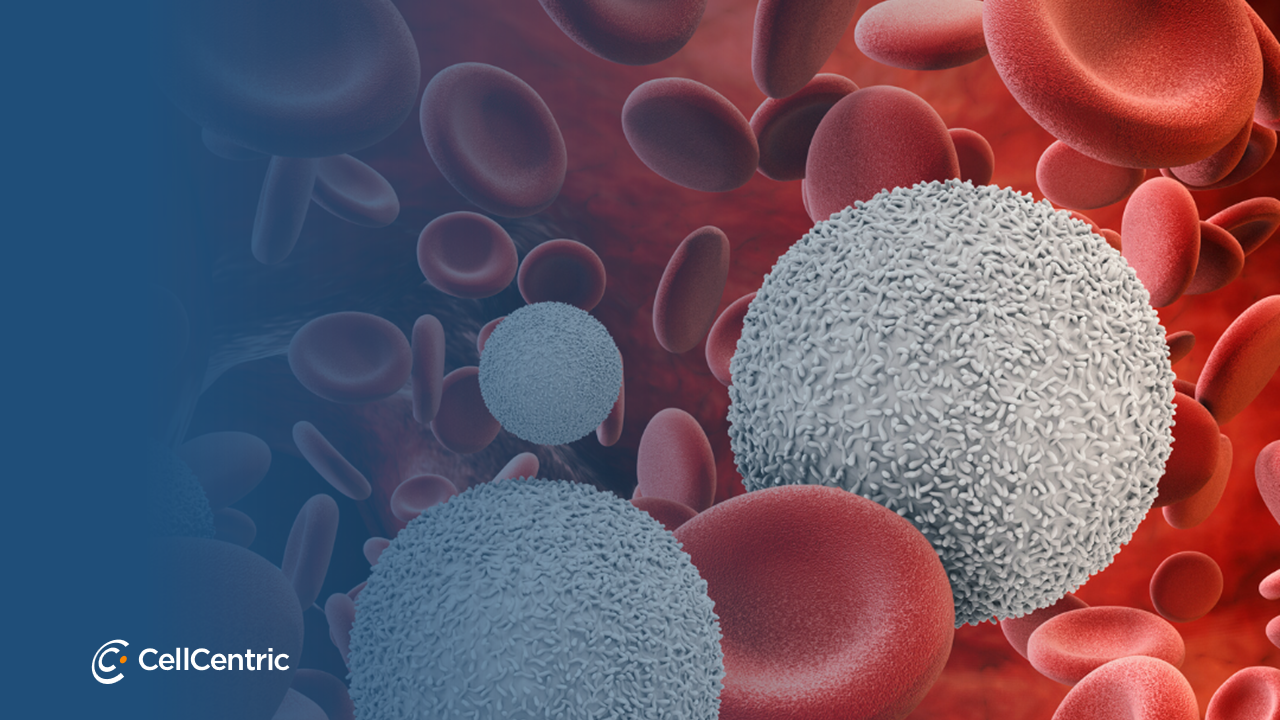Castrate resistant prostate cancer is a significant unmet clinical need. It effects up to 20% of prostate cancer suffers, and is rapidly lethal. The pharmaceutical market for drugs in this space is significant. Existing therapies, which have limited effectiveness, are project to be worth over $9.5bn by 2020.
Through its deep foundation in epigenetics, CellCentric identified novel ways to address CRPC, by targeting the androgen receptor pathway – key to the progression of the disease. The company won a significant award from InnovateUK through its BioMedical Catalyst scheme, to translate the scientific concept and early research data, through to small molecule inhibitors that could be advanced as drugs and tested in the clinic.
InnovateUK is the UK’s innovation agency. It works with people, companies and partner organisations to find and drive the science and technology innovations that will grow the UK economy – delivering productivity, new jobs and exports and keeping the UK globally competitive in the race for future prosperity. For further information visit www.gov.uk/innovateuk
CellCentric’s team that oversaw the programme, are highly experienced in drug discovery and development, with a proven track record of identifying and optimising novel compounds to test in the laboratory, and subsequently in the clinic. The company works with multiple partners and contractors with the appropriate expertise, to deliver on product development.
Dr Will West, CellCentric’s Executive Chairman, said “the funding from InnovateUK’s BioMedical Catalyst was critical in moving this important programme forward. Winning the award was a great endorsement, and led to additional oversees venture capital investment to co-fund the programme. We look forward to now progressing this exciting programme towards the clinic.”
About CellCentric
CellCentric is a biotechnology company, founded with Prof Azim Surani FRS CBE of University of Cambridge, and one of the earliest pioneers in epigenetics. Epigenetic mechanisms play a key role in regulating cell fate. When these processes go awry, disease states can be induced, including most notably cancer.
CellCentric has identified and investigated nearly 50 enzymes associated with epigenetic regulation, and has carried out early drug discovery on six. One of these, an arginine methyltransferase programme was licenced to Takeda Pharmaceuticals. The company is now focused on the modulation of the androgen receptor pathway, with its lead programme targeting a histone methyltransferase enzyme (HAT). The primary indication is for castrate resistant prostate cancer (CRPC). The company operates an asset-centric, capital efficient outsourced model, collaborating with multiple leading academic centres in Europe and the US, and through contract research organisations.


